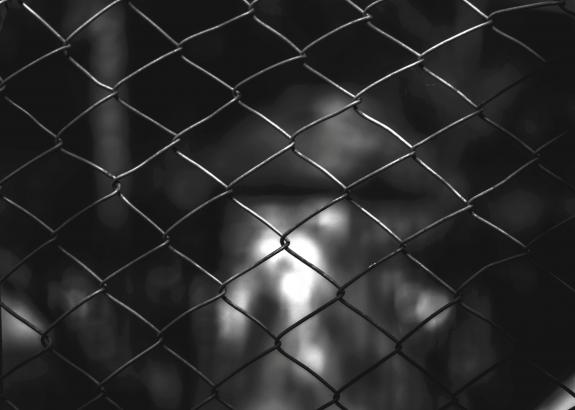
From Pew:
Pew Research Center just published its 10th annual report analyzing restrictions on religion (by both governments and individuals or groups in society) around the world. This year’s report differs from past reports because it focuses on changes that have occurred over the course of a decade, covering 2007 to 2017, rather than emphasizing year-to-year variations.
Here are key findings from the report:
Government restrictions on religion have increased globally between 2007 and 2017 in all four categories studied: favoritism of religious groups, general laws and policies restricting religious freedom, harassment of religious groups, and limits on religious activity. The most common types of restrictions globally have consistently been the first two. Governments often enshrine favoritism toward a certain religious group or groups in their constitutions or basic laws. And general laws and policies restricting religious freedom can cover a wide range of restrictions, including a requirement that religious groups register in order to operate. But one of the more striking increases involved the category of government limits on religious activities, which can include limits or requirements on religious dress. The global mean score in this category rose by about 44% between 2007 and 2017.
Social hostilities involving religion have increased in a few categories, but levels of interreligious tension and violence, also known as sectarian or communal violence, have declined globally. In 2007, 91 countries experienced some level of violence due to tensions between religious groups, such as conflict between Hindus and Muslims in India, but by 2017 that number dropped to 57 countries. However, harassment by individuals and social groups, religious violence by organized groups, and hostilities related to religious norms (for example, harassment of women for violating dress codes) have all been on the rise. For details on these categories, see the full report.
CNS notes that the United States did not fare well:
“We’ve seen a gradual increase in the U.S. social hostility score overall,” said Pew research associate Samirah Majumdar, the primary researcher for the report. “And in 2017 there was a particular increase.”
The report noted, “The U.S. also ranked among the highest-scoring countries in this category in 2017, in part because of the ‘Unite the Right’ rally in Charlottesville, Virginia, where white supremacists were protesting the removal of a Confederate statue from a park. Protesters expressed anti-Semitic and racist sentiments, displaying swastika flags and chanting ‘Jews will not replace us!'”
Majumdar told Catholic News Service the rally, during which a counterprotester was murdered, was “counted in our analysis for individual and social group harassment.”
Read more at the Pew Research Center website.












